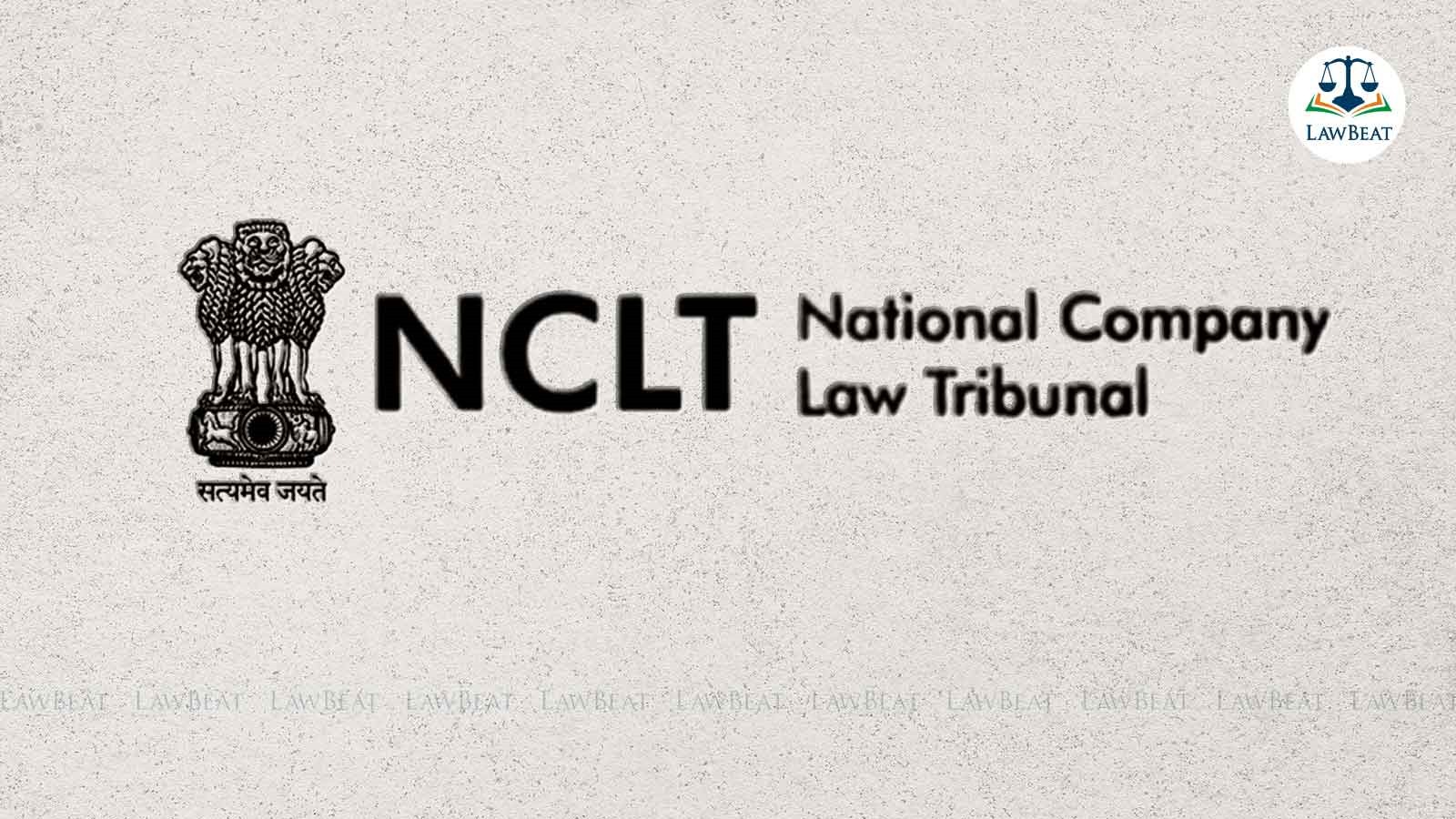Appeal Under Section 42 of IBC 2016 Can Only Be Filed Against Order of Liquidator: NCLT Mumbai

The NCLT agreed with the liquidator and also noted that nothing survived in the appeal as the corporate debtor was already liquidated
The National Company Law Tribunal has recently held that an appeal under Section 42 of the Insolvency and Bankruptcy Code, 2016, can only be filed against the order of the liquidator.
“On bare perusal of the abovementioned provision, it is clear that the appeal under section 42 of IBC, 2016 can only be filed against the decision of a Liquidator. Since letter dated 26.04.2023 is not order of Liquidator, hence there is no question of setting aside the same. As far as issue whether amount under 14B of the EPF & MP Act, 1952 is outside liquidation estate of the Corporate Debtor may be decided in an appropriate case,” the order reads.
A division bench of NCLT Mumbai, comprising Judicial Member Lakshmi Gurang and Technical Member Charanjeet Singh Gulati, heard an appeal filed by the Employee Provident Fund Organisation under Section 42 against a communication of the liquidator.
The Corporate Debtor was admitted to CIRP on August 29, 2019, and the order for liquidation under Section 33 of the IBC was passed on September 21, 2020.
Sreekumar Radhakrishnan Nair was appointed as the liquidator. Following this, the liquidator made a public announcement to invite claims from the creditors of the Corporate Debtor
The EPFO filed a claim in Form C before the Liquidator for Rs. 40,80,002 on December 17, 2020. The EPFO's claim was fully admitted, and they were informed that the amount would be distributed as per the waterfall arrangement under Section 53 of the code.
Consequently, under the waterfall arrangement, the EPFO was paid Rs. 25,50,007, after which the dissolution order under Section 54 of the IBC was passed by this Adjudicating Authority on December 14, 2022.
On March 19, 2023, the EPFO wrote to the liquidator stating that EPFO is the sole social security providing agency of the Government of India empowered with provisions under the Employee Provident Fund & Miscellaneous Provisions Act, 1952, and the schemes framed thereunder from time to time to protect the social security benefits of poor workers.
The EPFO mentioned that as per Section 11(2) of the Employee Provident Fund & Miscellaneous Provisions Act, 1952, any dues payable to EPFO are considered to be the first charge.
The liquidator responded to the letter, stating that balance claims (damage dues) under Section 14B of the EPF & MP Act, 1952, are part of the liquidation estate and required to be liquidated as per the waterfall mechanism provided under Section 53 of IBC, 2016
The EPFO filed an appeal before NCLT, contending that EPFO’s dues would not form part of the Liquidation Estate under Section 36(4)(a)(iii) of IBC, 2016, and hence the liquidator can exercise his rights only over the assets which are forming part of the Liquidation Estate.
The liquidator contended that an appeal under Section 42 can only be filed against the order of the liquidator and not against a response to the letter written by EPFO.
The NCLT agreed with the liquidator and also noted that nothing survived in the appeal as the corporate debtor was already liquidated.
“We agree with the submission of the Respondent that the reply dated 26.04.2023 in response to the Appellant’s letter dated 19.04.2023 cannot be treated as an adjudicating order by Liquidator who stood discharged from his duties upon order of dissolution of the corporate debtor on 14.12.2022,” the order reads.
For the Appellant : Adv. Uinaq Kafe
For the Respondent: Adv. Laukik Palekar
Case title: EPFO vs Sreekumar Radhakrishnan Nair
